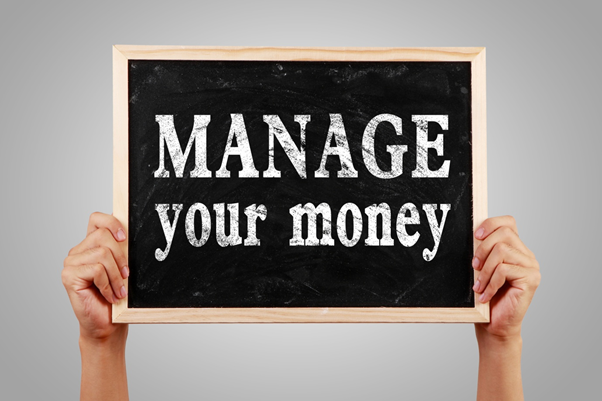Do your finances seem as unpredictable as the weather? Are you constantly out of money, worrying if you’ll be able to pay your bills?
What can you do to reign in your out-of-control finances? You can keep reading, that’s what.
Below, you’ll find all the money management tips you need to get your personal finances back on track. We start by showing you how to create a budget and track your spending. From there, we’ll teach you the importance of building up your savings as well as how to do it.
Next, you’ll learn strategies on how to pay off your debt. Lastly, we share with you some very practical ways to cut superfluous spending. To learn all about it, keep reading.
Create Your Budget
The first step in managing money is creating a budget. One of the easiest budgeting systems to use is the 50/30/20 method.
This means that you spend 20% of your income towards paying off your debts and 50% on bills/necessities. Then, you have the remaining 30% to spend on things you want but don’t need.
This method is a good starting point for budgeting, regardless of your current financial situation. Alternatively, research other methods to find the best one for you.
Track Your Spending
Your budget is worthless if you don’t stick to it. And you can’t stick to it unless you’re purposely tracking every category you spend money on.
Use a Budgeting App
If checking your balance and making notes several times a day is too meticulous for you, there’s another way. There are numerous financial apps you can use to help you track your spending and stay on budget.
Often, these apps offer personalized financial advice. Some even partner with your employer or financial institution to give you cash advances when you need them. Here’s a good example if you want to learn more.
Build Your Savings
The money you save now will one day save you from unforeseen financial disaster. If your savings balance is $0 when that day comes, you could end up bankrupt.
Treat savings as a bill (with a due date) and consistently pay it each month. Or, put a percentage of each paycheck into savings, like a tax.
Pay Off Your Smallest Debt
If you have several debts to pay off, start with the lowest balance debt. Pay a set amount each month that’s greater than the minimum payment. Once this debt is paid off, put this monthly payment amount toward the next-smallest debt.
Cut Your Indulgences
Lastly, identify your spending weaknesses. That is, determine which luxuries you spend the most money on each month (Starbucks, 4K blu-rays, restaurants, etc).
If you can cut these out entirely, at least for a few months, do it. Then you can pay down debts/increase savings quickly. Otherwise, reduce your allowable spending in these categories and stay within your budget.
Remember These Money Management Tips
These money management tips can have an enormously positive impact on your finances. But they can’t do any good at all if you forget to apply them. Print this list or keep it bookmarked so that this advice doesn’t go to waste.
Next, we can show you how to manage your finances during retirement. Or, learn about your different options when applying for a mortgage loan. Find these topics in our Finance archives or search for them using the search bar in our menu.

